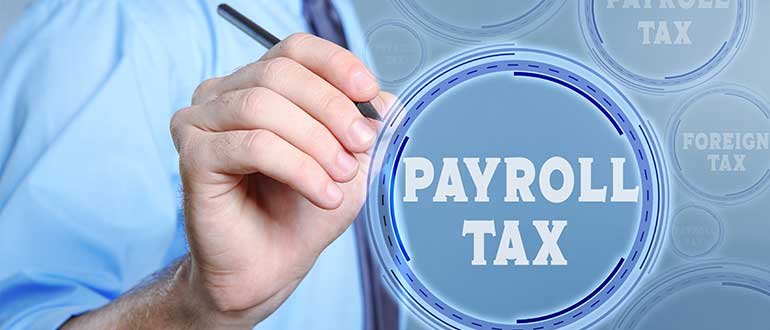
As an independent contractor, you are responsible for paying your own taxes, which can be a confusing and overwhelming process. This guide will provide an overview of independent contractor taxes in California and offer tips and resources to help you stay compliant with state and federal tax laws.
Understanding Independent Contractor Status
First, it’s important to understand what it means to be classified as an independent contractor. Independent contractors are individuals who provide services to businesses or individuals without being employed by them. Unlike employees, independent contractors are not entitled to benefits such as workers’ compensation or unemployment insurance, and they are responsible for paying their own taxes.
Determining Your Tax Classification
To determine your tax classification as an independent contractor in California, you will need to fill out Form SS-8 with the IRS. This form will ask for information about your work arrangement and help determine whether you should be classified as an independent contractor or an employee. It’s important to note that even if you and your client agree that you are an independent contractor, the IRS may disagree, and it’s important to follow their determination to avoid tax penalties.
Paying Estimated Taxes
As an independent contractor in California, you are required to pay estimated taxes on your income throughout the year. This means that you will need to calculate your expected tax liability and make quarterly payments to the IRS and the Franchise Tax Board (FTB) in California. Failure to pay estimated taxes can result in penalties and interest charges, so it’s necessary to stay on top of your tax obligations throughout the year.
Calculating Self-Employment Taxes
In addition to income taxes, independent contractors in California are also responsible for paying self-employment taxes. Your net self-employment income, which is your income less your business expenses, is used to determine how much self-employment taxes you owe. In 2023, the self-employment tax rate will be 15.3%, which will also include Medicare and Social Security taxes. However, you may be able to deduct half of your self-employment taxes on your federal tax return.
Deducting Business Expenses
Being an independent contractor has several advantages, one of which is the opportunity to deduct business expenses from your taxable income. Office supplies, travel, and equipment expenditures are examples of business expenses. Throughout the year, keep track of your costs, and be sure to save any receipts or other supporting paperwork for tax deductions.
Understanding State and Local Taxes
In addition to federal taxes, independent contractors in California may also be subject to state and local taxes. For example, you may be required to pay state income taxes, as well as local business taxes in the cities or counties where you conduct business. Be sure to research the tax laws in your area to ensure that you comply with all applicable tax requirements.
Keeping Accurate Records
As an independent contractor in California, it’s essential to keep accurate records of your income, expenses, and tax payments. This will help you stay organized throughout the year and make tax filing season less stressful. Consider using accounting software or hiring a bookkeeper to help you keep track of your finances.
Filing Your Tax Returns
Independent contractors in California are required to file their tax returns by April 15th of each year. You will need to file a federal tax return using Form 1040, as well as a California tax return using Form 540. If you owe taxes, you must make a payment by the April 15th deadline to avoid penalties and interest charges.
Seeking Professional Help
If you’re feeling overwhelmed by the tax obligations of being an independent contractor in California, consider seeking professional help with tax resolution/consultation services. A tax accountant or enrolled agent can help you navigate complex tax laws and ensure that you comply with all applicable regulations. Additionally, the IRS and FTB offer resources and tools to help independent contractors understand their tax obligations and stay compliant.
Keeping Up with Tax Law Changes
Tax laws and regulations can change frequently, and independent contractors in California ought to stay up to date with any changes that may affect their tax obligations. Consider subscribing to tax newsletters or following tax experts on social media to stay informed.
Avoiding Tax Scams
Unfortunately, tax scams are a common occurrence, and independent contractors in California are not immune to them. Scammers may impersonate the IRS or FTB and attempt to steal your personal information or money. Be wary of any unsolicited calls or emails claiming to be from the IRS or FTB, and always verify any requests for information or payment before providing any sensitive information.
Understanding independent contractor taxes in California can be challenging, but it’s essential for staying compliant with state and federal tax laws. Be sure to pay estimated taxes throughout the year, keep accurate records of your income and expenses, and seek professional help if you need it. By staying informed and taking the necessary steps to comply with tax laws, you can avoid penalties and ensure the long-term success of your independent contracting business.
